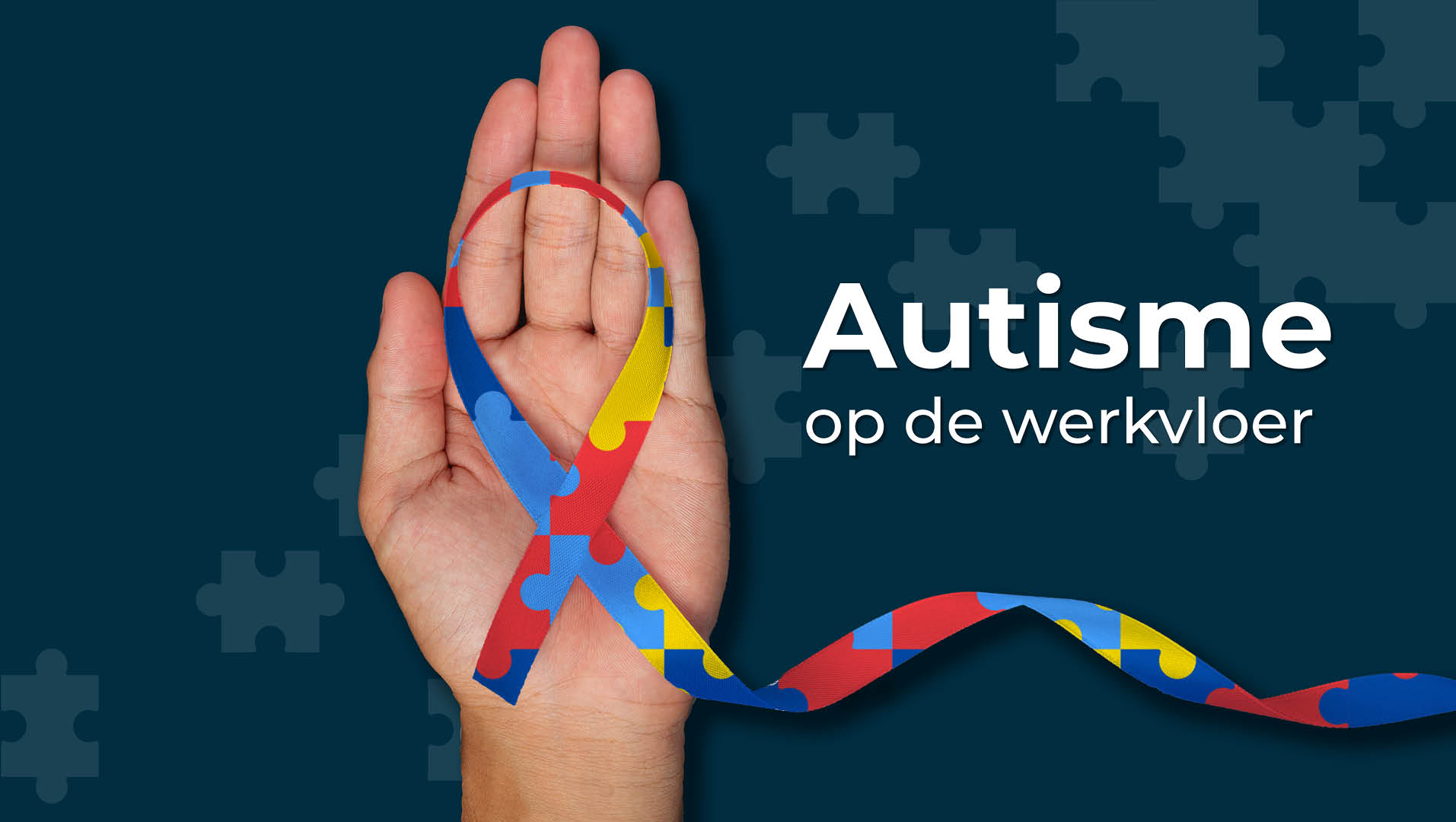The time has come: your employee is in transition
Women in menopause: the subject appears (too) often a taboo in the workplace. Therefore, let's talk about it together. What exactly does it do to an employee: the transition? And how do you as an employer ensure that your employee remains permanently employable? For example, should she receive 'sick days' for the transition?
In our new Anders Denken Podcast, Dr. Henk Oosterhof answers. Henk Oosterhof is a gynecologist and runs a menopause clinic for women with severe menopause symptoms and conducts scientific research into the influence of menopause symptoms on absenteeism from work. Oosterhof also gives workshops to companies on sustainable employability of female employees, with a special focus on the menopause.
The effect of transition on work ability
First things first: menopause, what exactly is it? According to Oosterhof, nothing more or less than a natural period in a woman's life. 'The last menstruation, or also called menopause, often occurs around the woman's 51st year of life. The period preceding it is called menopause and is often accompanied by a hormonal imbalance.'
'Transitional symptoms lead to loss of motivation and production'
'We all know the classic complaints, such as hot flashes and sweating, but did you know that many women also struggle with more severe symptoms? Think, for example, of cognitive complaints, depressive feelings and memory disorders. That obviously leads to motivational and productive issues.'
Sick days before transition: a good idea?
So is it a good idea to give women sick days for such complaints? 'No,' Oosterhof says. 'Please, let's not stigmatize menopause symptoms. Menopause is something very natural. It is a phase of life in which discomfort or illness can occur. To deal with that, there is already an instrument in the Netherlands, which we call absenteeism.'
A private matter or public discussion?
Oosterhof makes a case for making transition negotiable in the workplace. 'Are you talking about sustainable employability? Then you also have to take into account certain life phases of your employees. The transition is one of them. Currently, there is still too much ignorance about this phase of life. Not only among employers, but also among employees. It still happens (too) often that an employee ends up in a burn-out due to menopause complaints. By addressing the menopause symptoms, the burnout often resolves itself. However, this requires recognition and acknowledgement of these symptoms.
This way your employee will (again) be in her power
Oosterhof's advice: 'Put the topic on the vitality agenda and make your workplace transition-friendly.' The gynecologist shares a number of practical tips that you as an employer can put to work immediately.
According to Oosterhof, treating menopause begins with a conscious lifestyle and healthy diet. 'It is a time to get (back) into balance: how do you organize life (again)? With recognition, recognition and empowerment, sometimes in combination with medication, many women have been helped tremendously. They regain their strength and find their ability to work.'

Come work for paraDIGMA groep and help us make a difference in the field of Sustainable Employability!
RELATED POSTS
The workplace 'needs' to be more inclusive and diverse! And the workplace is happily becoming so. Yet work is not yet self-evident for everyone. An estimated 1.2% of the population has some form of [...]
A healthy Organizational culture contributes immensely to the sustainable employability of employees and the future-proofing of an organization. Diversity and inclusion, in turn, contribute to a healthy Organizational culture, [...]
When it comes to attracting new employees, the term "employer branding" comes up frequently. But did you know that you can go one step further? That's when 'personal branding' comes around [...].




